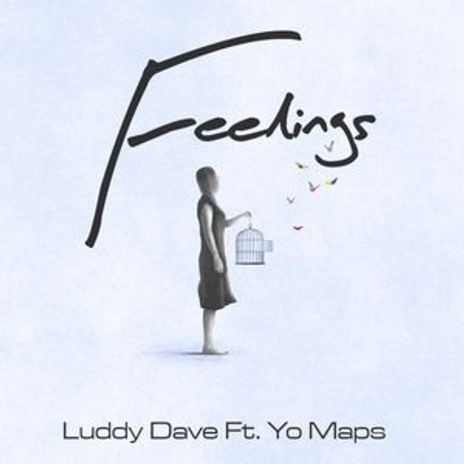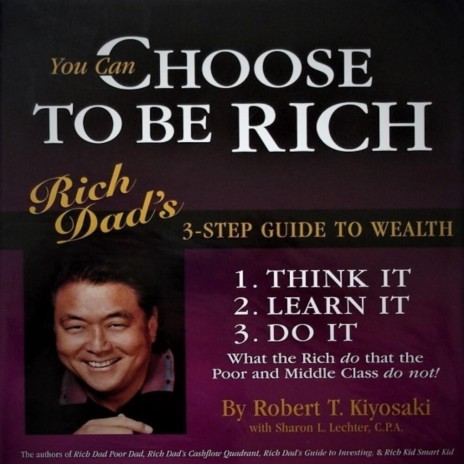
Misconceptions About Being Rich Lyrics

- Genre:Spoken Word
- Year of Release:2023
Lyrics
There are other misconceptions that the poor and middle class often have about the rich.
Such misconceptions as, money is the root of all evil. That was my poor dad's point of view.
My rich dad thought it was a lack of money that was often the root of much evil.
For instance, he said many people turn to crime very simply because that's the only way they can make enough money to survive.
Also, you look at drugs. Many people are selling drugs just because it's an easy way of making money.
And then another evil, as I already covered, is sometimes people marry somebody for their money rather than marry somebody they love.
And you look at what happens to kids. You know, if you have two parents working today and the kids are at the shopping mall or watching television, to me that's very evil if parents are working so hard for money that they lose time with their kids.
So that to me is one big misconception that sometimes the poor and middle class have against what the rich are.
The next thing is that many times poor people and middle-class people say, "Well, I'm not interested in being rich because you work too hard."
You know, just too much stress and too much tension.
Well, as I said, I retired at age 47 and I had 18 years of freedom.
And I don't know what 18 years is worth to you, but working all your life and not earning enough money is, to me, hard and stressful.
So my theory was if I worked really hard for just a short burst of time and really studied beside work and actually acquired assets instead of liabilities, that I had more chance of something more precious than anything else, and that was free time.
Eighteen years of free time to basically do what I wanted to do, but also to look at the sins and evils and stupidity of my ways and actually capitalize on it and come out and start life over again.
So to me, that was very much worth it—much better than working hard and being stressed because you don't have enough money to pay bills, or stress because you're afraid of losing your job, or being stressed that you don't have enough money to retire on.
That makes no sense to me.
The other thing is that people think that rich people are bad, you know, selfish or mean.
Well, let me tell you something. You don't have to be rich to be those things.
The rich don't have an exclusive lock on those things.
I've met rich, mean people and poor, mean people.
I've met rich, generous people as well as poor, generous people.
So a lot of times what the poor and middle class tend to do is find what they don't like, or it's called to denigrate or to invalidate the other person so they can justify their position, make themselves right, and the other person wrong.
But look, there's crooks everywhere. There's crooks in government, religion, business, everywhere.
There's also good people everywhere. So there's no exclusivity on that position.
And another one that really gets to me is people say, "Well, money doesn't make you happy."
I say, let me tell you something. Every time I find a $10 bill in my wallet, my pants, or something I didn't know was there, I get happy.
You know, I've never had a paycheck where I didn't get happy with it. I get unhappy with bills, but I've gotten happy with money.
Now, one thing I will qualify—if you're an unhappy person, all the money in the world will not make you happy.
So just like being good, bad, mean, evil, greedy, has nothing to do with that.
If you're a happy person, more money will make you happier.
Money has a tendency to make life a little bit better, a lot more enjoyable, and you can enjoy life a little bit more.
But I will agree that money doesn't make you happy.
If you're an unhappy person, more money will make you more unhappy.
But I know a lot of unhappy poor people that, you know, they're still unhappy anyway.
So there's no relationship really between money and unhappiness.
It's just that money has a tendency to buy you better health.
They have found out that people from poor neighborhoods have worse health, worse dental, worse education.
So money does have an effect on the long-term well-being of your life.
And it's nothing to do with being happy. But I tell you what, if you have rotten teeth and you have a toothache, you're unhappy.
If you have a bad back and you're aching, that's unhappiness.
And if you're in a bad neighborhood with lots of crime because it's poor, that's unhappiness.
So those things money does affect, and it does affect somewhat your happiness.
The last misconception I want to address is the misconception of job security.
As I said, my parents really valued job security simply because they grew up during the Depression.
And I listened to it for most of my life growing up.
In 1973, when I came back from the Vietnam War—I was a Marine pilot out there—and I came back.
At that point, I had to make up my mind which dad I was going to listen to.
You know, I was old enough now. It was time to go out on my own.
I had done my duty as a son who went to war. Both dads said it was a boy's duty to defend the country.
I had gone to college like both recommended, even though I didn't want to go to college.
But now, in 1973, it was time to make up my own mind and make my own decisions.
By 1973, my poor dad, who was the head of education, had been fired.
He was fired at the age of 50.
The reason my dad had lost his job was that he made the tragic mistake of running for lieutenant governor against his boss, the governor, who was a Democrat.
My dad ran as the Republican candidate for the lieutenant governorship.
He knew he was going to lose.
But the reason he ran was because my dad was a very honorable man.
He could not stand the corruption he saw inside the government.
So he thought the way he could solve the problem was by running for office against his boss.
Well, the problem is, I don't think there's been a Republican governor in I don't know how many years.
So he knew he was going to lose, but still, his conscience sort of forced him to do that.
When he ran against the governor and lost, he was then called privately into the office and told he would never get a job in the state of Hawaii again.
Now, here was my dad, 50 years old approximately.
All he ever knew was to be a government employee.
That was the only qualification he had.
So suddenly, he was more or less blacklisted from the state.
He couldn't get a job there anymore.
He couldn't get the high-paying job he was used to.
The irony of it is I come back from Vietnam, and here is my dad, who was in his 50s.
He's unemployed, and he's still telling me, "Son, you better get a safe, secure job."
And I said, "Dad, but you don't have one."
He says, "You've got to get a safe, secure job."
I said, "But you don't have one."
And he couldn't understand me.
See, his reality—that his idea that job security was everything—affected his reality.
That idea was real to him.
So I really didn't make up my mind which dad I was going to listen to until around 1973 or 1974.
See, my poor dad, although he made more money than my rich dad—in other words, being a high-paid government official—his salary was much more than my rich dad's.
Meanwhile, my rich dad was building businesses and reinvesting his money.
So he technically made less money.
But by 1973 or 1974, here's my poor dad, the proponent of job security, without a job.
And my rich dad suddenly is buying huge chunks of the best real estate in all of Hawaii.
So he had paid his dues working his way up, and now at age 50, my rich dad was extremely rich, even though he made less money at the start.
And my poor dad was now out of money, broke, out of a job, and still saying "job security."
So it was at that point in my life, when I left the Marine Corps base in 1974, I knew which dad I was going to listen to.
I was not going to listen to my poor dad, but I was now going to listen to my rich dad.
So the thing I say to people is this: all of this information is wonderful, it's nice, it's good.
You know, I had so many years of it from my rich dad and my poor dad.
But it took a change, a thought, a kick in the you-know-what, something tragic to happen to me, something—a wake-up call, you could call it.
At that point, I made my decision.
So in 1974, when I left the base of the Marine Corps, even though I had no money, I had very little in savings, I didn't have many job prospects, I knew at that moment I was going to follow my rich dad's footsteps.
I didn't have any money, but I knew if I did what he taught me, I would eventually become a very, very wealthy man.
And that was the decision.
So what I say to people is that if you're going to listen to this series, data is just data.
My stories are just stories.
Deep down inside of you, you have to find that reason, that reason to want to change if you want to change.
I don't know what that reason is.
Yours is different than mine.
But when you find that reason, that's what it takes.
It has nothing to do with anything outside of you—nothing to do with your college education or your lack of a college education.
It has nothing to do with anything outside of you.
It has only something to do with what's inside of you.
So it starts with a reason—a very deep and personal reason.
At that point, I decided I would rather die poor, but go for being rich, rather than live average.
You know, why be average?
I absolutely refuse.
But I had my reason.
When people say, "What does it take to be rich?" It doesn't take money.
It takes extreme desire.
I mean, I've been rich and I've been poor, and I lost two companies right after 1974.
My wife and I were homeless for about three weeks, but it didn't stop us.
It's desire.
It's also the ability to fall down and to stand up.
We all fall down.
But a lot of times when somebody falls down, they stay down.
They don't ever come up.
They'll say, "I'll never do that again," or "I knew my dad was right."
Well, failure is part of succeeding.
You know, my poor dad, because he was a school teacher, their reality is mistakes are bad.
My rich dad's reality was mistakes are how we learn.
The way we learn to ride a bicycle is falling down, getting back up, falling down, getting back up.
The people in school punish people for making mistakes.
In the real world, the world rewards you for making mistakes and correcting them, for standing back up again.
We all love people who take their handicaps and turn them into their reason to be successful.
Nobody's born handicapped unless you think you have a handicap.
Every disadvantage you have can be turned into an advantage if you think that way.
More Lyrics from Robert T. Kiyosaki Songs
-
Financial Education lyrics
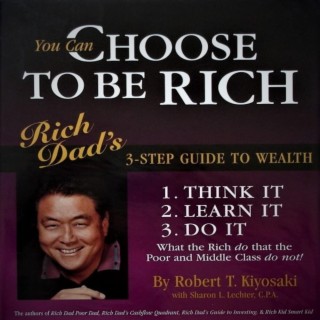
-
Cash Flow and Leverage lyrics

-
Choose To Be Rich lyrics

-
Introduction / Background lyrics

-
Don't Work For Money / Financial Literacy lyrics

-
Broke is Temporary lyrics

-
New Rules For The Information Age lyrics

-
Think Big / Think Small lyrics

-
What You Will Learn lyrics

-
Your Ideas Are Your Reality lyrics

-
Generosity lyrics

-
Myths Of The Poor And Middle Class lyrics

-
The Importance of Numbers lyrics

-
Assets And Doodads lyrics
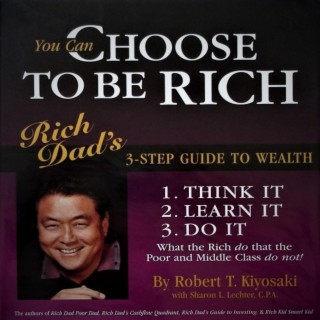
-
Analyzing Your Financial Statement lyrics

-
Cindy lyrics

-
Dale And Susie lyrics

Similar Songs
-
Love Songs

-
In the name of love

-
sweater weather

-
another love

-
kisame

-
Nizolimala
-
or nah

-
Prom Queen

-
God's plan

-
until i found you

-
in the stars
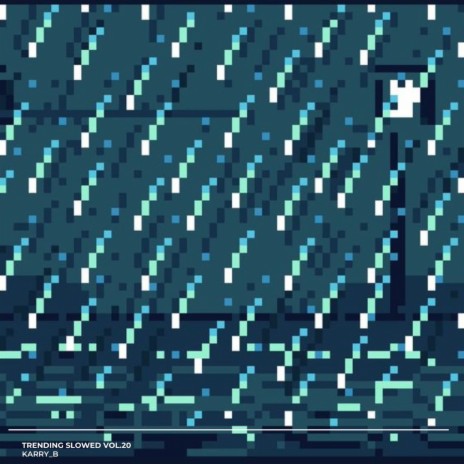
-
Washing Machine Heart

-
young dumb and broke

-
Jipende ft. Trio Mio

-
Validate
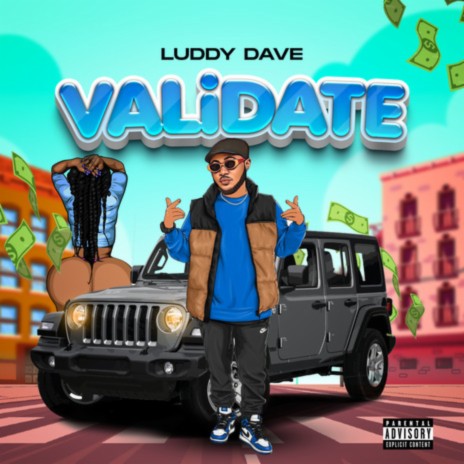
-
Beautiful
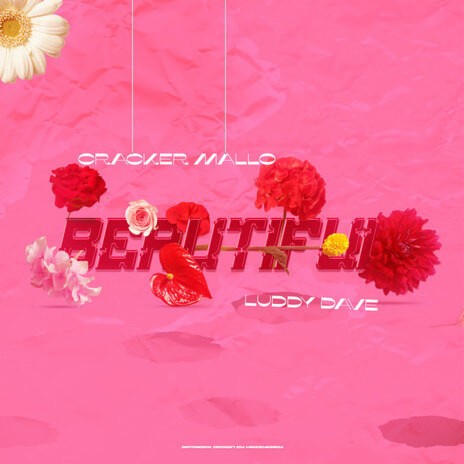
-
Plenty Talk ft. Barry Jhay
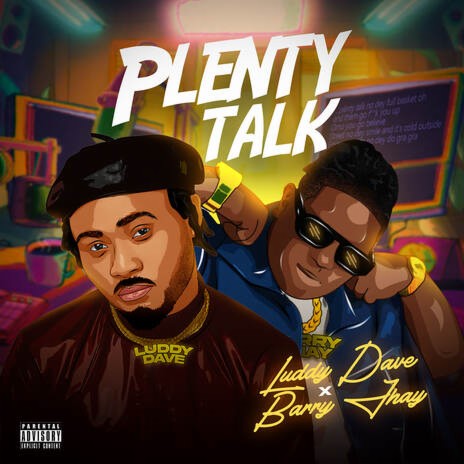
-
Shey You Go Dey (Speed Up)

-
Jolie ft. G-Nako & Frankie Maston
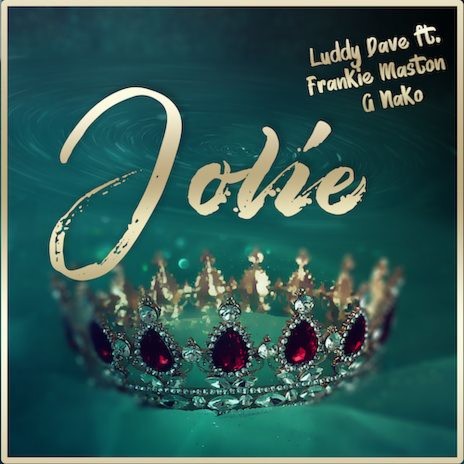
-
Feelings ft. Yo Maps
